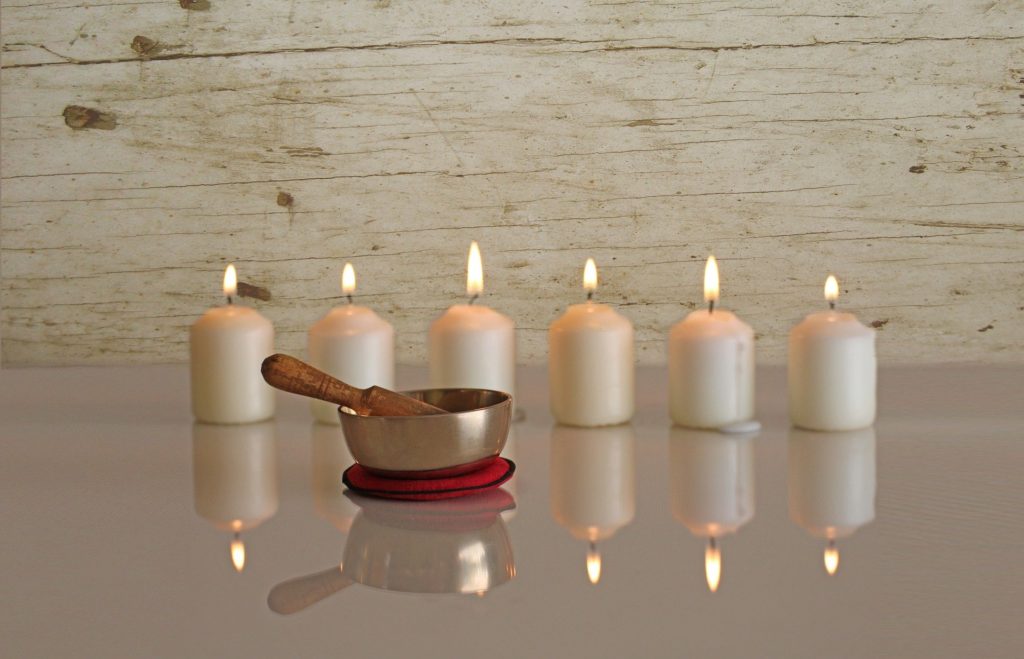GUEST BLOG: Jill Palmer, Mental Wellness Center
THAT FIRST STEP:
YOUR JOURNEY OF HEALING AFTER A LIFETIME OF ADDICTION
There are a lot of reasons addicts struggle in early recovery. If you have been using drugs or alcohol for the majority of a lifetime, it’s an ingrained habit you have to break. You also have to give up certain relationships, namely those that are still using.
Addicts also have to confront difficult feelings of anger, sadness, and shame over life events affected by your substance abuse. The addict may go through an extended period of loneliness that develops into depression or they may have a harder time celebrating their victories without a drink. After decades of abuse the addict likely has to address several health problems that result from their behaviors and choices.
After a lifetime struggling with addiction, the thing a person in early recovery really needs is emotional healing. When you are physically hurt, it takes time to recovery. You may have to go to physical therapy and take medication to support a healthy body. Emotional healing takes the same amount of time and work, and it’s not easy. But all you have to do is start with the first step and from there, and with time, you can get where you want to go.
Learning How to Cope with Anxiety
Addicts turn to their drug of choice whenever they feel anxious about their life. When you take away drugs or alcohol as a coping mechanism, anxiety can become overwhelming. Learning how to cope with that anxiety in a healthy way is a key to staying sober. Considering anxiety is a constant in life, your best course of action is adjusting your lifestyle to help prevent stress while developing a couple new hobbies and techniques to address extreme anxiety as it rears its ugly head.
Asking for Help
We all want to be independent, but humans are social animals. We do better when we work together and bring out each other’s strengths. However, addiction can really damage a person’s self-esteem and you may feel wary when it comes to asking for help. Remember that everyone asks for help at some point and people are generally happy to lend a hand. Be honest with the people to whom you ask and don’t become too greedy with your requests. Explain to them why you need the help, but don’t overcompensate with information. Finally, if someone cannot or does not help you, don’t take it personally.
Everyone has their own struggles with which they are dealing. How they behave is a reflection on what they are going through, not on you.
Reconnecting with Adult Children
When you have a family, your addiction affects them as much as it affects you– maybe even more. Reconnecting with adult children can help with your own emotional healing and hopefully provides some peace for them, as well. When you reach out, be prepared for rejection, difficult conversations, and the stress that can come with these things. Be there for them and show them they you want to be a giving parent and grandparent whenever they are ready to let you in.
Finding Meaning in Your Life
Having something you are passionate about helps prevent depression and other difficult emotions associated with recovery. For many people, that passion is a job. If you are retired, consider volunteering or working part-time on a project that means something to you. A job doesn’t have to be your passion. For a lot of people picking up a sport, hobby, or even adopting a pet gives their life a sense of light. Don’t be afraid to explore and try new things when finding your passion.
Forgiving Yourself If You Relapse
Relapsing does not mean you have failed at recovery. Tons of people relapse. What matters is how you respond to it. Give yourself a couple days to detox and commit to get back on your schedule as soon as your brain and body are up to it. Relax and forgive yourself. Meditate and reflect on why you relapsed. Make an appointment with a counselor and refuse to let yourself fall back into the darkness that is addiction.
****
Addiction recovery isn’t easy, it takes a lot of work and time to emotionally heal. Be aware of anxiety and stress and develop healthy coping mechanisms other than substance abuse. Be kind to yourself and patient with others, and over time, the wounds will heal and fade into scars.

